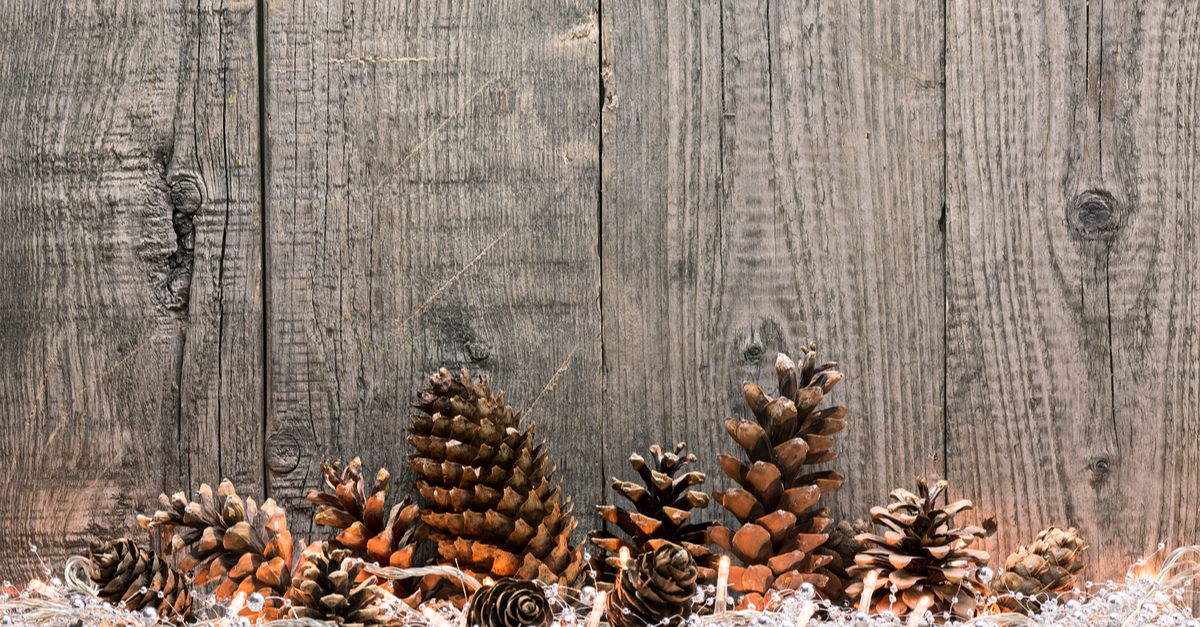Mindfulness During the Holidays

As our holiday season approaches, it is the opportunity to decide how we want our holiday time to be through the season. To a point, we don’t have control over the outer environment, but we always have control over our inner environment, our mind, our peace, and our calmness. Peace and calmness aren’t necessarily the words we conjure up when we think of entering the season. In fact, it may be truly the opposite – hustle and bustle – fitting in more gatherings, more food preparation, increased eating, decreased sleep, more shopping than any other time of the year, missing family members who are no longer with us or being around family members who may be difficult for us. All of this can equate to being on overload, stress, a decreased immune system and generally depletion in our overall sense of well being. Our intentions may be good, but the reality may not lead to our intended outcome.
Perhaps with careful planning and concentrated effort in how we want our holiday times to look and feel through the season, we can, in fact, bring peace and calmness into our season. We can have our “intended outcome”. True, we can’t change what is going on around us, but we can change what we chose to do and how we chose to respond during this time. We can put into practice “mindfulness”. If mindfulness is new to you, it may be the perfect time to put into practice mindfulness techniques.
Mindfulness is defined as being aware, actively attentive, or deliberately keeping something in mind. If you are being aware and attentive, you are watching the scene as an observer with no judgment or desire to have something else happening in the moment. Mindfulness is being present in the moment without wanting to change it. Basically mindfulness is about being fully attentive to your moment..
So what would practicing mindfulness during the holidays look like? You may want to start with focusing on what is important during this season: your family, your friends, your significant other, spiritual events and/or helping out someone in need. Contemplate what your priority is this season bringing it to your focus and attention as the choice you deliberately want to keep in mind. Pick the item(s) that bring passion and energy to you. This is your guide. Through this focus prioritize your activities, your shopping, your gatherings, allowing you to pare down what just doesn’t fit in this year. This is your touchstone as you make your way through the holidays. The rest is just static in the background. Not important. As you carry through with your priorities, practice mindfulness to ensure you actually “emotionally attend” the moments that are of your choosing.
To do this you would be focused on the present moment. You would not show up to a gathering thinking about last year’s conversation with grandma when you felt misunderstood. You also wouldn’t be worried about all that could go wrong or the worse possible scenario that may play out. You bring your thoughts and attention to the present moment. Each time you go to the past or the future, you become aware and attentive of something presently happening in your moment. One way to bring yourself to present is to note your senses – the smell of the home, the sounds being heard and the scenery you are gifted with at that precise moment. Then ride your way through the moment, being present versus letting your thoughts take you elsewhere. There is a certain found freedom in letting go of the narrative of habitual thoughts patterns that really just cause us stress and instead just focusing on what the world is bringing into our day.
If you aren’t able to be mindful because you notice your thoughts carrying on their narrative, then just notice the thoughts and go back to the present moment. Focus on what someone is really saying. Work on really listening to them. The goal is to be in the moment. Slow down and become present. When you practice mindfulness, you are open to each moment without trying to change, manipulate, or escape it. So accept the moment, notice it, watch yourself in it as an observer of yourself; be in it all without judgment. It is merely what is happening right now and you have shown up to be fully in it. This goes beyond gatherings. If you are choosing shopping to be part of your priorities, even if you pared down the shopping list, then go with all that comes with it. When you are battling traffic at the malls, merely notice it. Be a part of it without the battle. If you are on overload at home with cooking and cleaning and out of energy, merely notice it. Be with the cooking as you are mindful that you just put that cup of sugar into the cookie batter. Being mindful during these experiences doesn’t mean you have to like them. Instead, it allows you to see the situation for what it is, observe how you feel, and remain completely aware as you live through it, accepting it just for what it is.
The benefits of mindfulness are numerous. Some of the benefits include an enhanced appreciation of life, enhanced quality of communication and relationships, peace of mind, development of more authenticity, increased resilience to change, serenity in the face of difficulties, more accepting attitude toward life and its challenges, and improved immune system functioning. Mindfulness also takes us out of ourselves which is a nice way to live through the holidays. Any of these benefits could serve each of us in getting through the holidays in a pleasant and positive way. And we can use this as a springboard into our daily life of being mindful of our moments. (Bond, 2005)
Works Cited
Bond, A. B. (2005, October 31). The Top 10 Benefits of Mindfulness. Retrieved October 3, 2011, from www.care2.com.
Tags: Mindfulness Holidays
ABOUT THE AUTHOR

Janie Pfeifer Watson
Licensed Independent Clinical Social Worker
Licensed Independent Mental Health Practitioner- Janie Pfeifer Watson, LICSW, is the founder and director of Wholeness Healing Center, a mental health practice in Grand Island, Nebraska with remote sites in Broken Bow and Kearney. Her expertise encompasses a broad range of areas, including depression, anxiety, attachment and bonding, coaching, couples work, mindfulness, trauma, and grief. She views therapy as an opportunity to learn more about yourself as you step more into being your authentic self. From her perspective this is part of the spiritual journey; on this journey, she serves as a mirror for her clients as they get to know themselves—and, ultimately, to love themselves.
LATEST ARTICLES BY Janie Pfeifer Watson
- Glimmers of Light – Nurturing Joy During the Holidays
- Live Stronger: Strength, Balance, and Social Connection after 50 Stay strong. Stay Connected. Stay independent.
- Healing is a Lifelong Journey, and It Doesn’t Happen in a Straight Line
- Habits to Develop to Age Well
- Discover the Power of EMDR Therapy at WHC
Subscribe today
Sign up to receive the latest mental health tips and inspiration